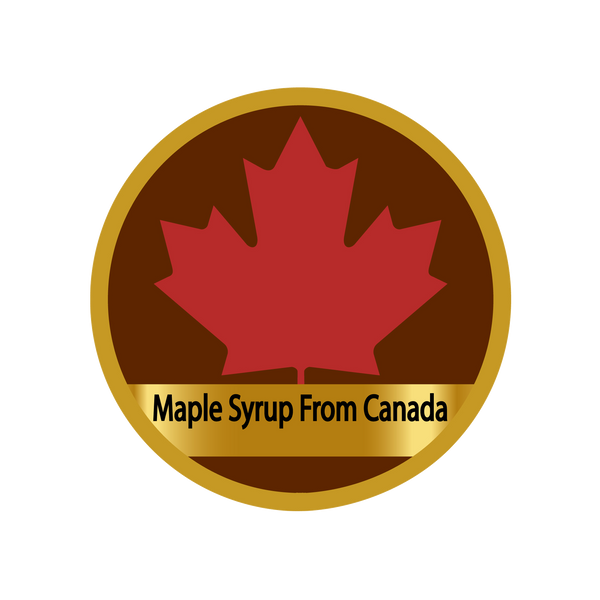Maple syrup is a delicious and popular food product that is enjoyed by people all over the world. Canada is one of the world's largest producers of maple syrup, and Canadian maple syrup is widely sought after for its high quality and unique taste.
If you are considering importing Canadian maple syrup, it is important to understand the regulations and standards that apply. Here is a guide to help you navigate the process.
Understand the grading system.
In Canada, maple syrup is graded based on its color and flavor. There are four grades of Canadian maple syrup:
- Golden: This syrup is light in color and has a delicate taste. It is often used as a topping for pancakes, waffles, and other breakfast foods.
- Amber: This syrup is slightly darker in color and has a rich, full-bodied flavor. It is often used in cooking and baking.
- Dark: This syrup is darker in color and has a stronger, more robust flavor. It is often used as a sweetener in recipes.
- Very Dark: This syrup is the darkest in color and has the strongest flavor. It is often used in recipes that require a strong maple flavor.
Understand the labeling requirements.
Canadian maple syrup must be labeled according to specific regulations. The label must include the following information:
- The grade of the syrup (Golden, Amber, Dark, or Very Dark)
- The word "Canada"
- The net quantity of the syrup in metric units
- The name and address of the packer or distributor
- The lot number or production code
Understand the import regulations.
If you are importing Canadian maple syrup into another country, you will need to comply with the regulations of that country. Some countries have specific requirements for the importation of food products, so it is important to research the regulations before you begin the import process.
In addition, you will need to comply with Canadian export regulations. Canadian maple syrup is considered a food product, and as such, it is subject to regulations under the Canada Agricultural Products Act. The Canadian Food Inspection Agency (CFIA) is responsible for enforcing these regulations.
Work with a reputable supplier
To ensure that you are importing high-quality Canadian maple syrup that meets all regulations and standards, it is important to work with a reputable supplier. Look for suppliers who are certified by the CFIA and have experience exporting maple syrup to your target country.
Consider hiring a custom broker
Importing maple syrup can be a complex process, especially if you are unfamiliar with the customs regulations of the country you are importing to. Consider hiring a customs broker to help you navigate the process and ensure that your shipment complies with all regulations and requirements.
In conclusion, importing Canadian maple syrup can be a rewarding and profitable venture, but it is important to understand and comply with all regulations and standards. By following these guidelines, you can ensure that your import process goes smoothly and that you are able to provide high-quality maple syrup to your customers.

